Dog Licks Aren’t What You Think: Here’s What They Really Mean
Dogs don’t come with instruction manuals, but their licks might be the closest thing. Licking is one of their most common and misunderstood behaviors. Here’s what those tongue-powered moments could actually mean.
A Salty Treat for Their Taste Buds
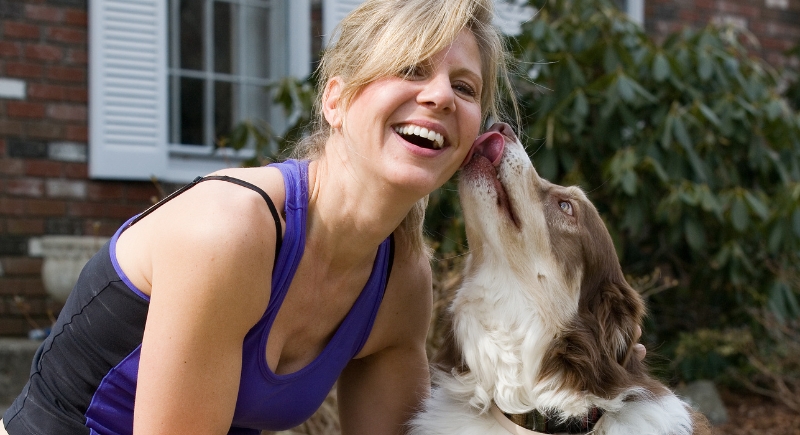
Credit: Canva
Human skin isn’t flavorless. After a workout or a walk on a hot day, sweat leaves behind salt and other trace minerals. Many dogs pick up on this and respond like you’re a snack. If you taste interesting, they’ll notice.
An Old Instinct From Wolf Ancestors
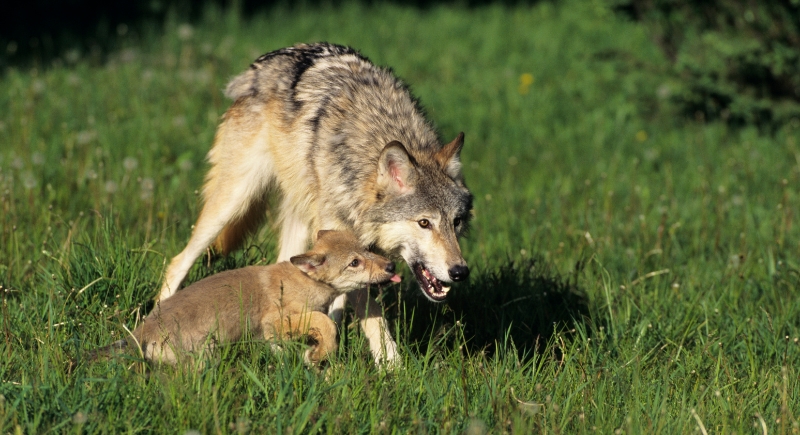
Credit: Canva
Long before they became couch cuddlers, dogs descended from wolves with specific ways of communicating with their pack. Pups would lick the mouths of adult wolves returning from hunts to trigger food regurgitation. That instinct didn’t disappear over time, and modern dogs may still lick as a throwback behavior.
Sensing a Skin Issue Before You Do
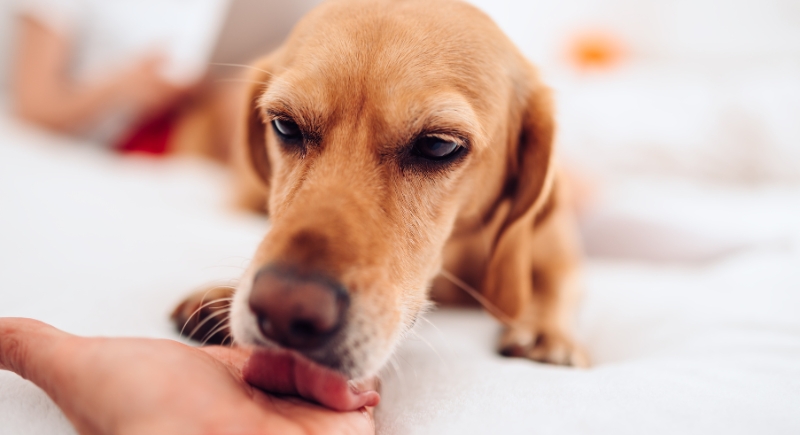
Credit: Getty Images
Dogs have a knack for detecting changes in human scent, sometimes even before medical tests catch them. A few documented cases suggest dogs repeatedly licking moles, wounds, or specific spots might be reacting to subtle shifts like infections or, rarely, early signs of illness.
A Built-In Greeting Ritual
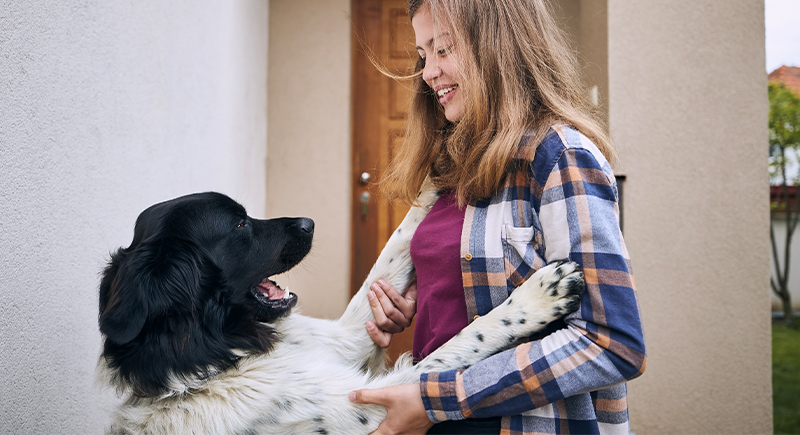
Credit: iStockphoto
You walk through the door, and suddenly your hands, arms, or even face are fair game. This excitement-driven habit tends to be brief and comes with tail wags or hopping. It’s their social version of a handshake—one that’s a bit wetter, sure, but entirely sincere.
A Little Boredom With a Side of Tongue
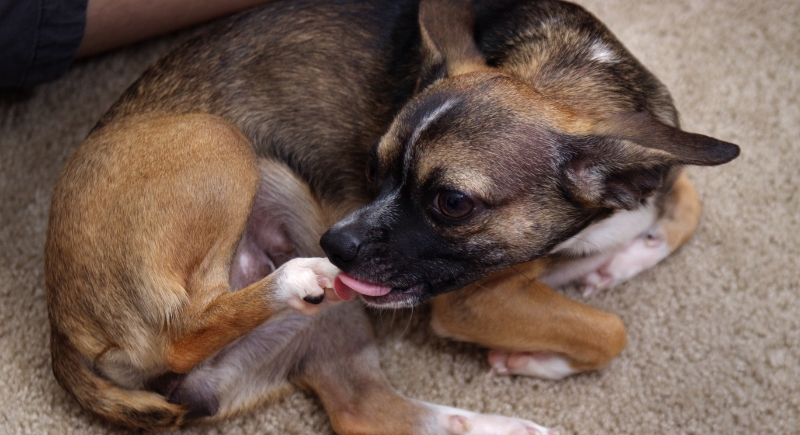
Credit: Getty Images
Licking can be what dogs resort to when they’re mentally under-stimulated. If they’re not walked, trained, or given enough toys, licking fills the void. It’s repetitive, it’s soothing, and it’s available 24/7. In some cases, it’s the canine version of scrolling your phone just to pass time.
Trying to Get Your Attention
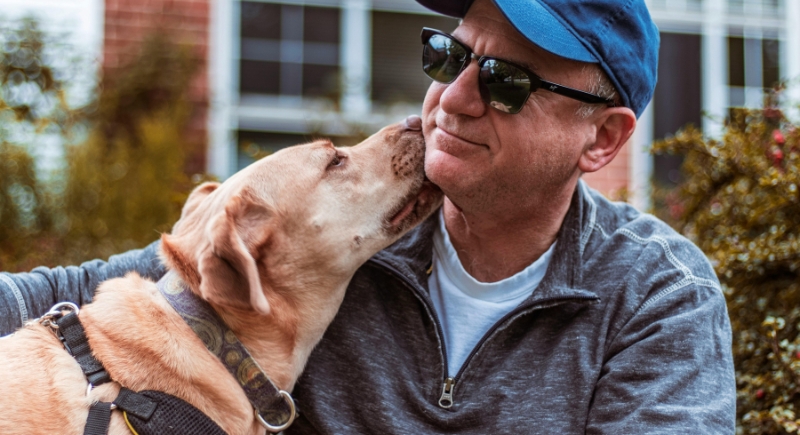
Credit: pexels
Dogs love a guaranteed result. If licking your hand gets a head rub, a chuckle, or even a firm “No,” that’s attention and reinforcement. It’s not that they’re scheming; they just know licking equals reaction. Some dogs will escalate when you glance down, timing their licks like seasoned performers.
A Quick Check-In On Your Mood
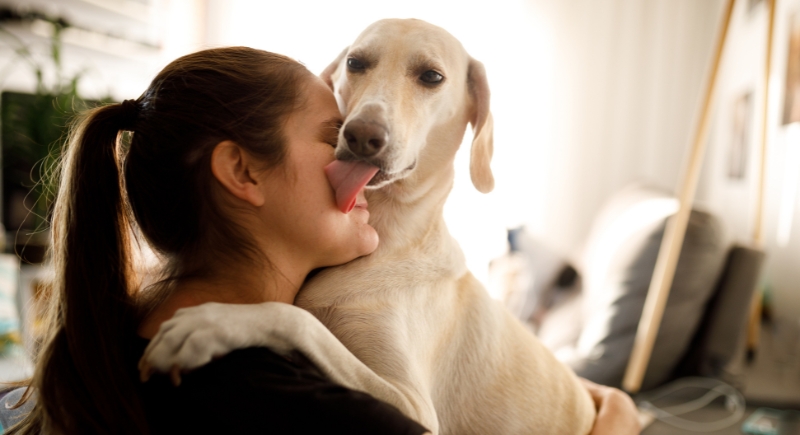
Credit: Getty Images
Dogs are surprisingly good at reading emotions; studies have shown they respond to human facial expressions. If you’re sad or upset, some dogs might offer licks as comfort. It’s their way of checking in and making sure their person is okay, even if they don’t fully understand why.
Soothing Themselves Through Stress
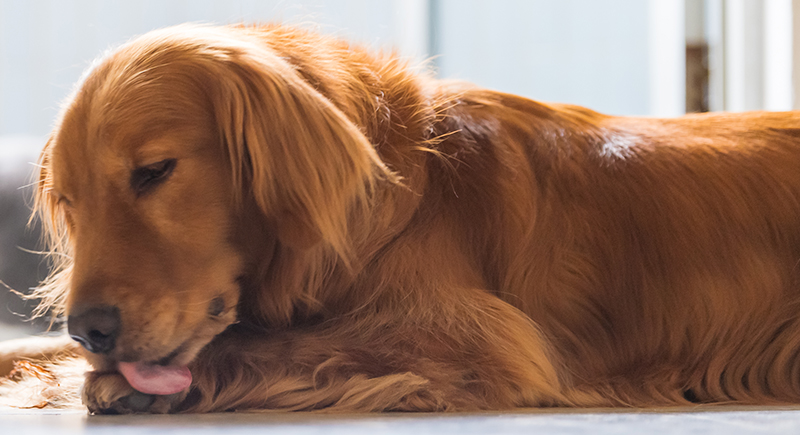
Credit: iStockphoto
Some dogs lick the way some people bite their nails—out of habit when they’re anxious. It could be separation stress, a loud noise, or a shift in routine. If licking seems constant or starts to include furniture and body parts indiscriminately, it might be their way of self-soothing.
Grooming Behavior Learned From Mom
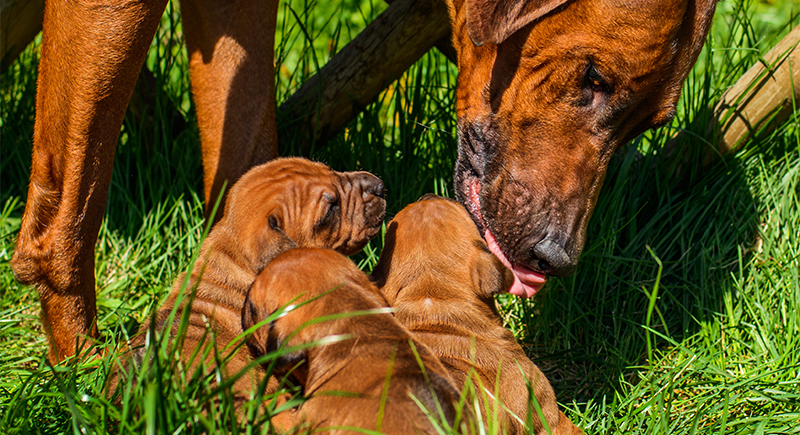
Credit: iStockphoto
Puppies are introduced to licking from day one. Their mothers lick them to clean, stimulate digestion, and comfort them. This sets a lifelong association between licking and affection. Many dogs carry this into adulthood, licking others—human or animal—as part of a grooming ritual.
A Sign That They’re Hungry
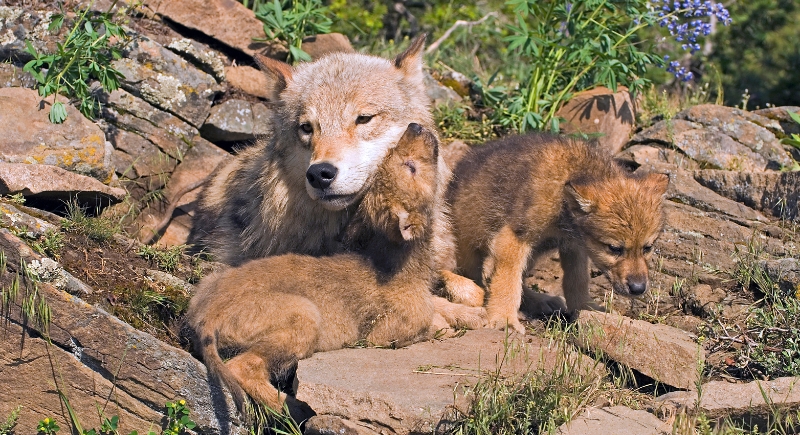
Credit: Canva
Licking can be a way for dogs to tell you it’s mealtime, or at least they think it should be. In the wild, pups lick their mothers to signal they’re ready for a meal. That instinct can carry into daily life. It might be their version of setting the table.
Marking You as Part of Their Group
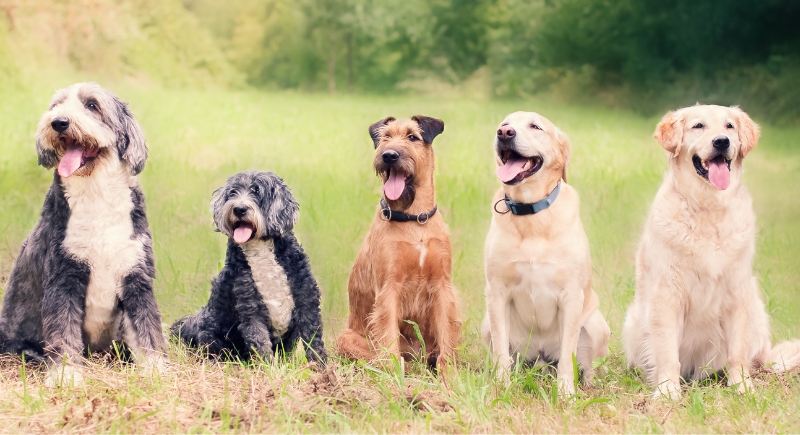
Credit: Getty Images
In dog logic, regular licking helps maintain social ties. Just like wild canines groom each other to reinforce hierarchy and connection, dogs might lick you to reinforce their place in your shared little “pack.” Especially if you’re their main person, licking can be part of a caretaking and bonding ritual.
Mimicking Other Dogs in the House
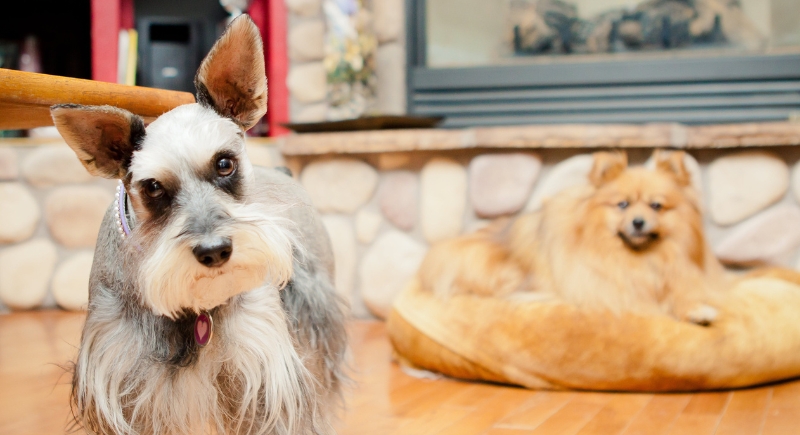
Credit: Canva
Behaviors can spread like trends in multi-dog households. If one dog gets attention for licking, another might try the same thing. Dogs watch each other closely, and if one method works, others often follow.
Picking Up on Hormonal Changes
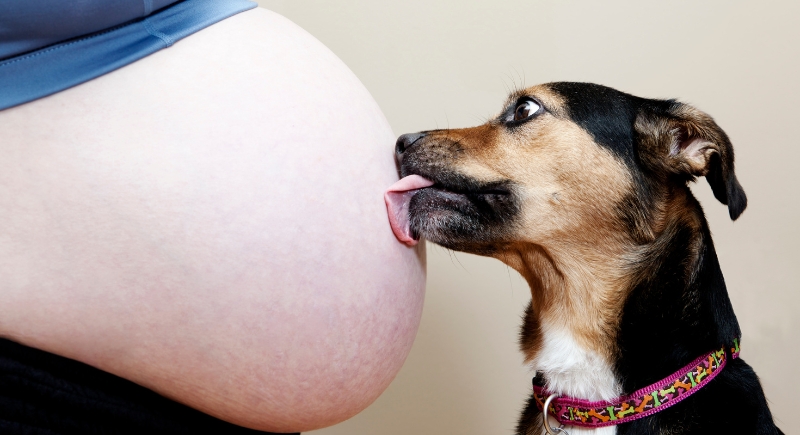
Credit: Getty Images
Pregnancy, menstruation, or changes in body chemistry can all alter your scent in ways dogs detect immediately. Some dogs become more attentive, including increased licking, during these times. They may not know what’s happening, but they’re reacting to differences in your hormonal signals.
Triggered by Illness in the Dog Itself
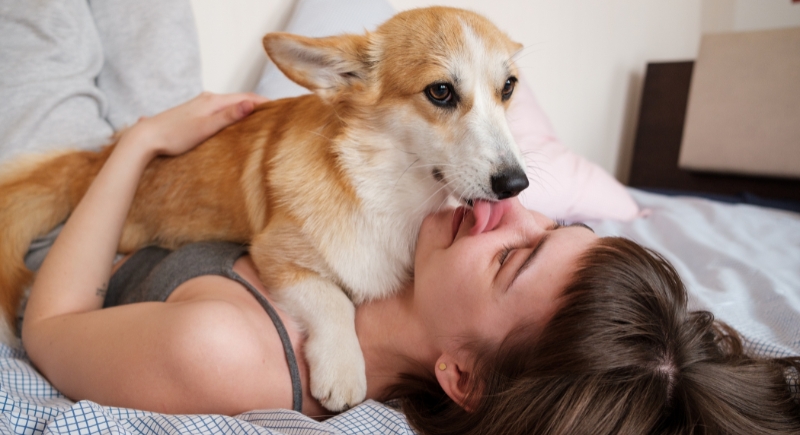
Credit: Canva
Dogs dealing with nausea, discomfort, or other internal issues might lick others more than usual. This displacement behavior distracts them from their own sensations. If licking becomes constant or seems unrelated to anything external, it could point to gastrointestinal issues, discomfort, or an underlying medical concern.
Just a Habit That Stuck Around
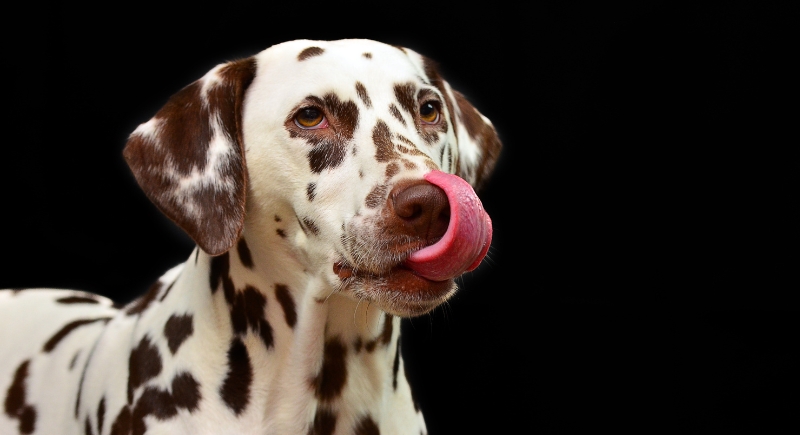
Credit: pixabay
Like nail tapping or hair twirling in people, licking can become a routine. It starts for one reason—attention, boredom, instinct—but sticks because it’s familiar. If you’ve ruled out medical and behavioral concerns, and your dog enjoys the motion, it might be nothing more than a quirky little tic.